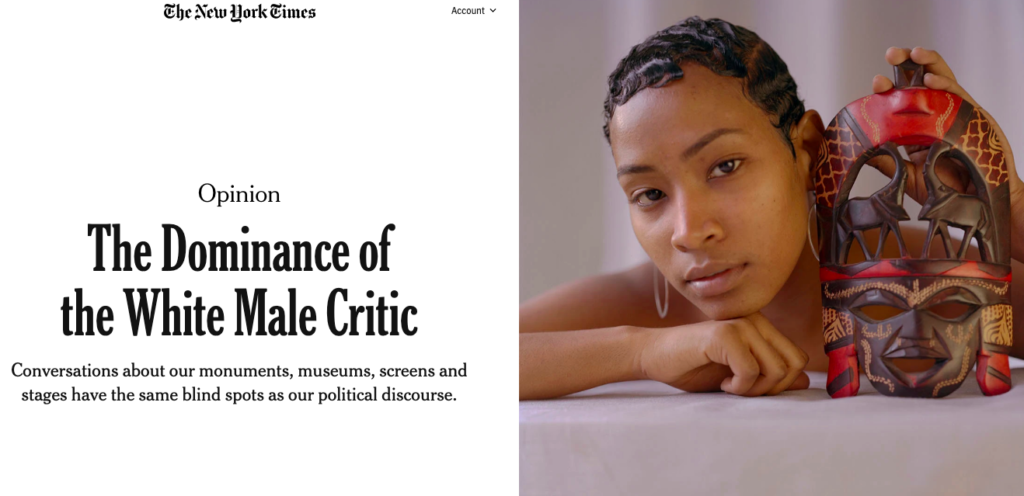
I wrote another guest post this week for BrandStorytelling – check out the full article there, but here’s a teaser:
As more brands move into long form branded content – meaning feature length documentary or narrative films around 90 minutes – brands increasingly have the same plan – to premiere at Sundance or another top festival and then “get onto Netflix”. These are worthy goals to be sure, and I’ve sold multiple brand client films to Netflix and other distributors. But this is just one strategy for distribution, and I keep hoping more brands will wake up to the reality that maybe they don’t need to follow “the rules” and go down this path to distribute their films. Perhaps it could be better to break the rules of the old-school film world and forge their own paths.
This might seem counterintuitive, but if part of the goal of premiering at Sundance/SXSW and then landing on Netflix is to show prestige and break through the noise, you might be picking the most crowded path of all.
Read the Full Post here. And in case you’re wondering – yes, this applies to indie filmmakers as well, but brands are better capitalized to take control of their distribution. And no, I’m not saying you shouldn’t keep in mind the realities of the marketplace, or best practices, but I am saying that a lot of those aren’t working anymore, and we can explore new models, especially if you are a brand with a loyal following and marketing know-how.
Read More
